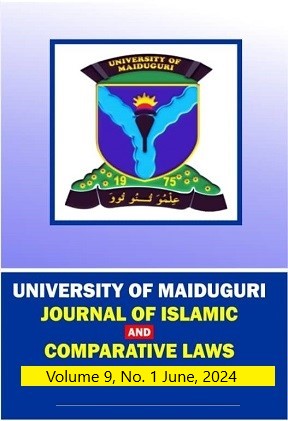THE EVOLUTION OF USUL FIQH: AN EXAMINATION OF ITS ROLE IN CLOSING THE DOORS OF IJTIHAD
Usul al-Fiqh (Islamic Law of Jurisprudence), as a field of knowledge, evolved over centuries as a result of intellectual struggle by scholars in keeping its context in the phases of changing times and emerging issues in the Muslim communities. This undeliberate development, which necessitated the excessive use of ijtihad (exerting one's effort to deduce a legal ruling from the text) in resolving challenging issues, was attributed but not limited to the dispersal of the early scholars among the Sahabah (Companion of the Prophet) and Tabi 'un (the followers of the Sahaba). The compilation and codification of Figh (Islamic jurisprudence) has constricted the use of Ijithad to the Madhab (schools of thought) reference. This period perceived the door of ijtihad to have been closed, hence Muslims became constricted Taqlid (blind followership of a particular madhab and discouragement from exercising ijtihad even when there was a need to). This article examines the development of Usul al-Fiqh and its relevance as a field of knowledge. It also examines the doors of Ijtihad as to whether they are actually closed. The research finds that, the theoretical variations in the perception of ijtihad creates multiple approach in analyzing and understanding the concept of taqlid. The research. concludes that, the door of ijtihad is still open with certain...
There are no reviews for this Journal.
About the Journal
About
Editorial Team
Curent issues
Archive
DOWNLOADABLES
Guide for contributors
Authors Response Form
Manuscript review Form
Make a Submission

